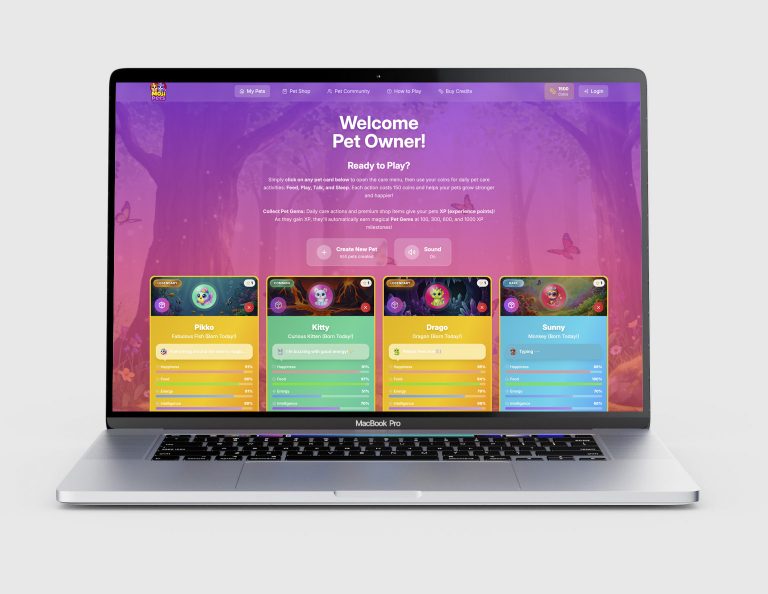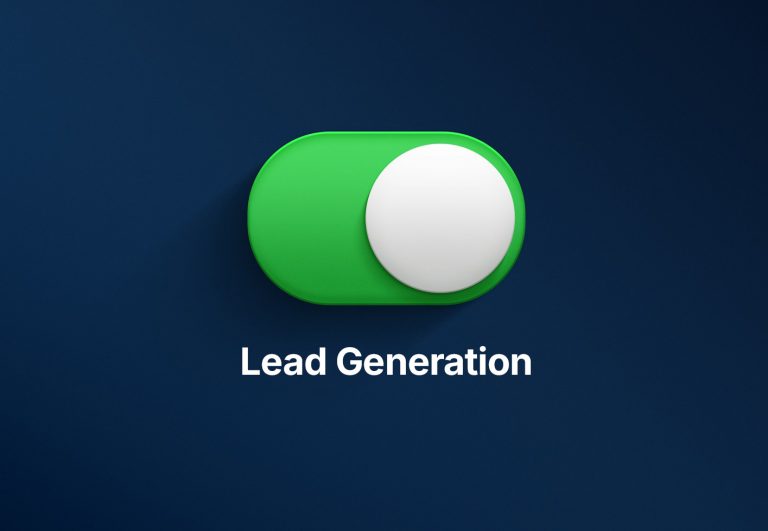In the ever-evolving world of digital marketing, backlinks remain one of the most crucial factors in building online authority, improving search engine rankings, and driving organic traffic to your website. While trends come and go, backlinks continue to be a cornerstone of SEO (Search Engine Optimisation), helping businesses establish credibility and visibility.
In this blog, we’ll explore why backlinks are a vital component of any digital marketing strategy, how they work, and the best practices for building a robust backlink profile that enhances your brand’s online presence.
What Are Backlinks?
Backlinks, also known as inbound links or external links, are links from one website to another. When a website links to yours, it signals to search engines like Google that your content is valuable, credible, and worth referencing. These links act as votes of confidence, contributing to your website’s authority in its niche.
Backlinks can come from various sources, including:
- Editorial links (links within high-quality content from authoritative sources)
- Guest posts (links acquired through content contributions on external websites)
- Business directories (listings in online directories like Yelp or Google My Business)
- Social media mentions (links shared on platforms such as Facebook, LinkedIn, and Twitter)
Each backlink contributes to your SEO efforts, helping your website rank higher in search engine results pages (SERPs) and attracting more visitors.
Why Are Backlinks Crucial for Digital Marketing?
1. Boosting Search Engine Rankings
Google’s algorithm prioritises websites with strong, authoritative backlinks. When other reputable sites link to your content, it signals to search engines that your website is trustworthy and valuable, leading to higher rankings.
Consider this: if multiple respected industry websites link to a particular page on your site, Google interprets that as a strong endorsement. The result? Your site climbs the rankings, making it easier for potential customers to find you.
2. Building Website Authority
A website’s Domain Authority (DA) and Page Authority (PA) are influenced by the number and quality of backlinks it has. Websites with high DA tend to rank better, attract more organic traffic, and gain credibility in their field.
For example, if your site receives backlinks from well-established platforms such as BBC, Forbes, or industry-specific publications, your authority increases dramatically. Google recognises these links as votes of trust and prioritises your content in search results.
3. Driving Organic Traffic
Backlinks serve as gateways to your website, bringing in visitors from various sources beyond search engines. If you receive a backlink from a popular website, users who visit that page might click the link and land on your website.
For instance, if an authoritative blog links to your eCommerce store, people reading that blog post may click through to explore your products, leading to potential sales. Backlinks are a passive yet powerful way to drive organic traffic without relying solely on paid ads.
4. Enhancing Brand Visibility and Credibility
High-quality backlinks improve your brand recognition. When your website is mentioned across trusted industry platforms, it reinforces your brand’s authority and fosters credibility.
Potential customers and partners are more likely to trust your business if they find positive references to your company on high-ranking websites. If your business is featured on multiple respected sources, it naturally strengthens customer confidence and enhances your reputation.
5. Improving Crawling & Indexing Speed
Search engines use bots (also known as crawlers) to scan web pages and index them accordingly. Backlinks help Google discover new pages faster.
If a high-authority website links to a newly published blog post or landing page, Google crawlers will prioritise it, ensuring it gets indexed faster. This is particularly beneficial for new businesses or websites that want quicker recognition in search results.
Best Practices for Building Strong Backlinks
Not all backlinks are created equal—while some can skyrocket your SEO, others may harm your rankings. Here are the best practices for earning high-quality backlinks to strengthen your digital marketing strategy:
1. Prioritise High-Authority Websites
Always aim for backlinks from reputable domains with strong authority. Use tools like Moz, Ahrefs, or SEMrush to check a website’s Domain Authority before pursuing a link.
2. Create High-Quality, Shareable Content
The best way to earn backlinks naturally is by publishing valuable content that others want to reference. This includes:
- Informative blogs and guides
- Original research and reports
- Infographics and visual content
- Expert interviews and case studies
If your content is insightful and unique, industry leaders will reference it, generating organic backlinks.
3. Guest Posting on Relevant Websites
Guest blogging allows you to contribute high-value articles to respected websites in your industry. Not only does this position you as an authority, but it also earns you quality backlinks to your site.
4. Leverage Broken Link Building
Find broken links on high-authority websites and suggest your content as a replacement. This technique helps site owners improve their content while earning you backlinks.
5. Engage in Digital PR & Outreach
Build relationships with journalists, bloggers, and influencers in your niche to get featured in articles, interviews, and podcasts, leading to valuable backlinks.
6. Use Social Media to Amplify Content
Although social media backlinks don’t directly impact SEO, they increase visibility and encourage link sharing across different platforms.
The Future of Backlinks in Digital Marketing
While AI-driven SEO and Google’s evolving algorithms continue to change the digital landscape, backlinks remain a fundamental factor in ranking success.
The future of backlinks will likely focus on:
- Content-driven backlinks that prioritise thought leadership and expertise.
- Semantic linking, where Google emphasises contextual relevance over traditional backlinks.
- AI-powered backlink analysis, using predictive analytics to determine the most valuable linking opportunities.
Backlinks are a non-negotiable element in any digital marketing strategy. Whether you’re building brand authority, driving organic traffic, or improving search rankings, strong backlinks can make all the difference.
Invest time in earning quality backlinks through content marketing, guest blogging, and outreach efforts. When done right, backlinks serve as powerful assets, helping your business stay competitive in an increasingly crowded digital world.
Want to strengthen your backlink strategy? Let’s talk! 🚀




